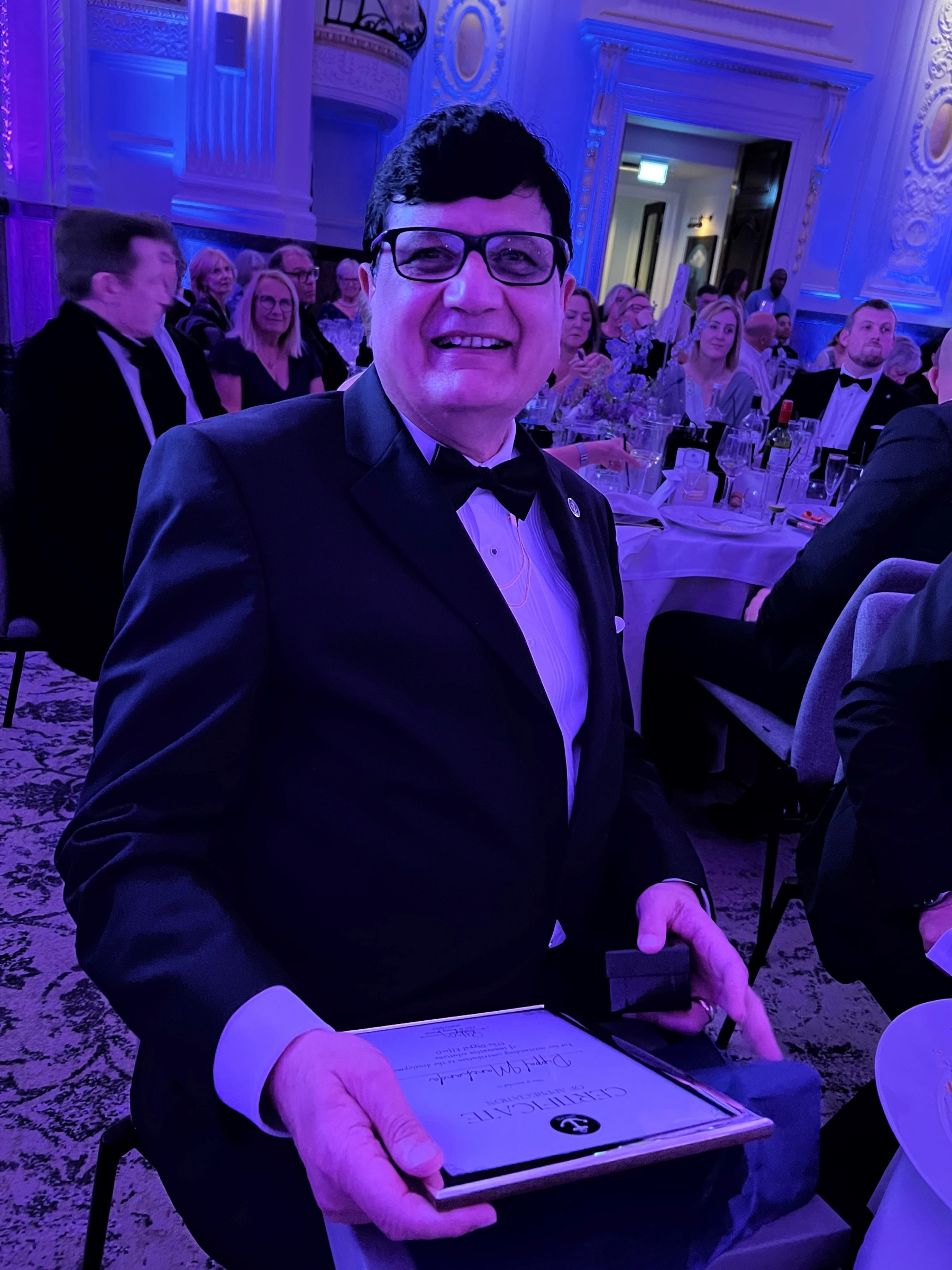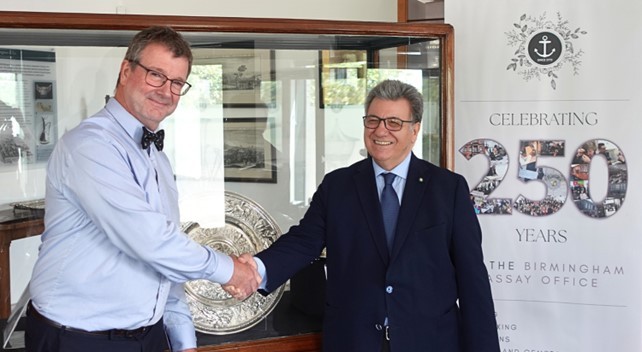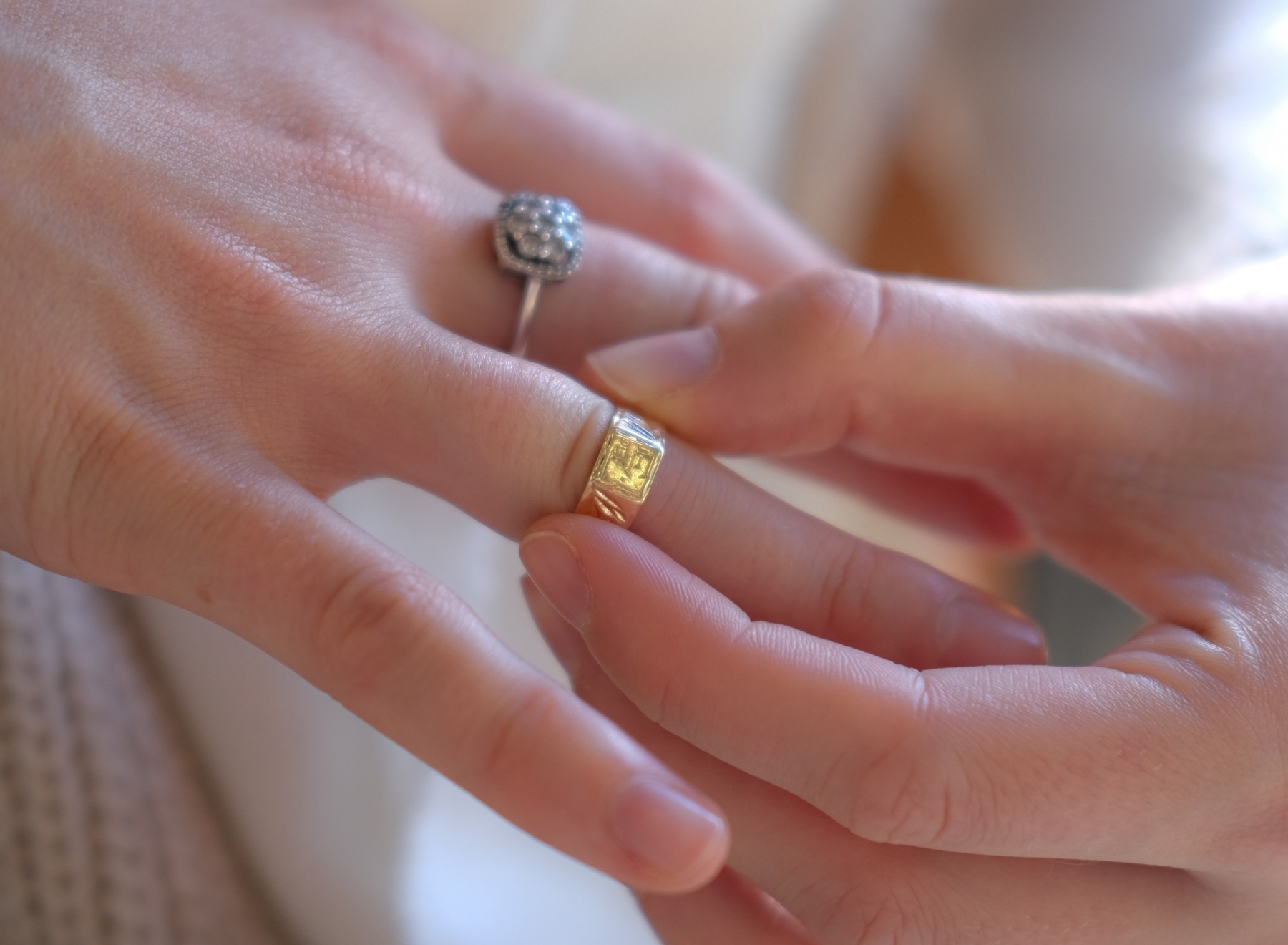The Annual Congress of CIBJO the World Jewellery Federation which took place in Moscow last week proved to be an intense four days of debate, exchange of information, networking and Russian hospitality. The UK was well represented at this International event with the contingent headed by industry Chief Executives Simon Rainer (BJA) Willie Hamilton (CMJ) James Riley (Gem-A) and Harry Levy, President of the London Diamond Bourse.
CIBJO has established jewellery industry standards which are recognised throughout the world and which are discussed and developed as necessary by each Commission during the Congress.
Michael Allchin, former Chief Executive of the Assay Office Birmingham has driven the work of the Precious Metals Commission since its inception in 2006 and this yearâs meeting marked his departure as President as he has now retired. His successor Stella Layton attended the Congress and was voted interim President of the Commission until such time as she can be formally elected in 2015.
The Precious Metals Commission meeting was well attended and covered a wide ranging agenda of international significance. New lower platinum standards are being proposed by the Swiss Watch industry to help their manufacturing process as they use new materials and alloys which do not function well technically with 950 platinum.
There was no objection to this and the development, which is being driven by an ISO Technical committee was endorsed by the Commission.
A major topic for discussion was the concept of restricting âconflict mineralsâ The Dodd Frank Act in the USA is already controlling the use of Tin, Tungsten, Tantalum and Gold from the Congo and the EU is also progressing a âConflict Minerals Directiveâ. The principle of the legislation cannot be faulted as it aims to deter buying from illegitimate sources but the unintended consequences can mean that the legitimate businesses in such areas, where many people rely solely on only one possible source of income suffer disastrously too. The EU code is expected to be a voluntary one which will hopefully prove a more workable tool and it is anticipated that many will want to adopt it. Refiners supplying bullion to LBMA standards automatically comply with the requirements.
At last yearâs Congress the commission had voted to lobby for a change to the revised EN 1811 method prescribed by the EU REACH Regulation to assess nickel release levels in all products intended to come into direct and prolonged contact with the skin. Amendments to the method, enforceable from April 2013 had caused problems, particularly the âno decision â category which did not clearly define whether a product had passed or failed. Activity subsequent to the meeting had been successful and the method is now under review.
The current ongoing project for the Commission is to try to determine an international standard for the description and marking of articles which contain a mixture of precious and non precious metals. Work on this will continue throughout the coming year.
Your item has been added to the basket
You need to create an account, or login before you can add this item to your basket.










